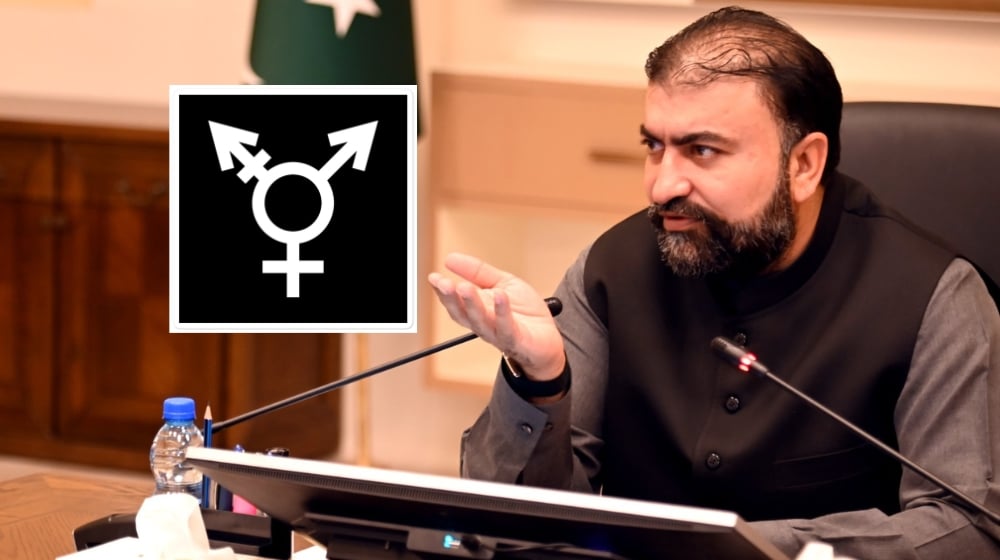The Balochistan cabinet, chaired by Chief Minister Mir Sarfaraz Bugti, has approved a landmark set of reforms in its 19th meeting, marking a historic step toward inclusion, welfare, and sustainable development.
For the first time, the province introduced a Transgender Policy, aimed at safeguarding the rights of the transgender community and ensuring their social and economic participation. Alongside, the cabinet sanctioned the creation of a Minority Endowment Fund to support equal opportunities and facilities for religious minorities.
Connectivity and infrastructure also received a boost with the approval of a Provincial Aviation Strategy and a three-year Aviation Development Plan (2025–2027), designed to modernize air travel facilities. Members praised the Aviation Directorate for its emergency rescue mission, which recently airlifted three critically injured individuals from Turbat to Karachi.
Governance decisions included the elevation of Sakran and Karbala to the status of Tehsils, approval of the Law of Evidence Amendment Bill and the Constitutional Amendment Bill 2024, and a ban on hate material publications to foster social harmony.
RAED MORE:
YouTuber Rajab Butt Faces Blasphemy Case Over “295” Perfume Controversy
The cabinet also decided to bring TEVTIs under BTEVTA, approved the establishment of Prince Fahd Hospital in Dalbandin, restored the original names of Khaliqabad and Shaheed Sikandarabad Districts as per Supreme Court ruling, and introduced Hospital Waste Management Rules 2025 for safer medical waste disposal.
On humanitarian grounds, World Food Programme (WFP) consignments for Afghanistan were exempted from development charges. The Social Welfare Department was commended for clearing drug addicts from Sari Nala, with a new committee formed to recommend further actions.
Chief Minister Bugti said the decisions reflect the government’s vision of inclusive development, transparency, and good governance. He emphasized the government’s dedication to uplifting marginalized groups, including minorities, women, and transgender citizens, while continuing investment in health, education, and infrastructure for public welfare.



